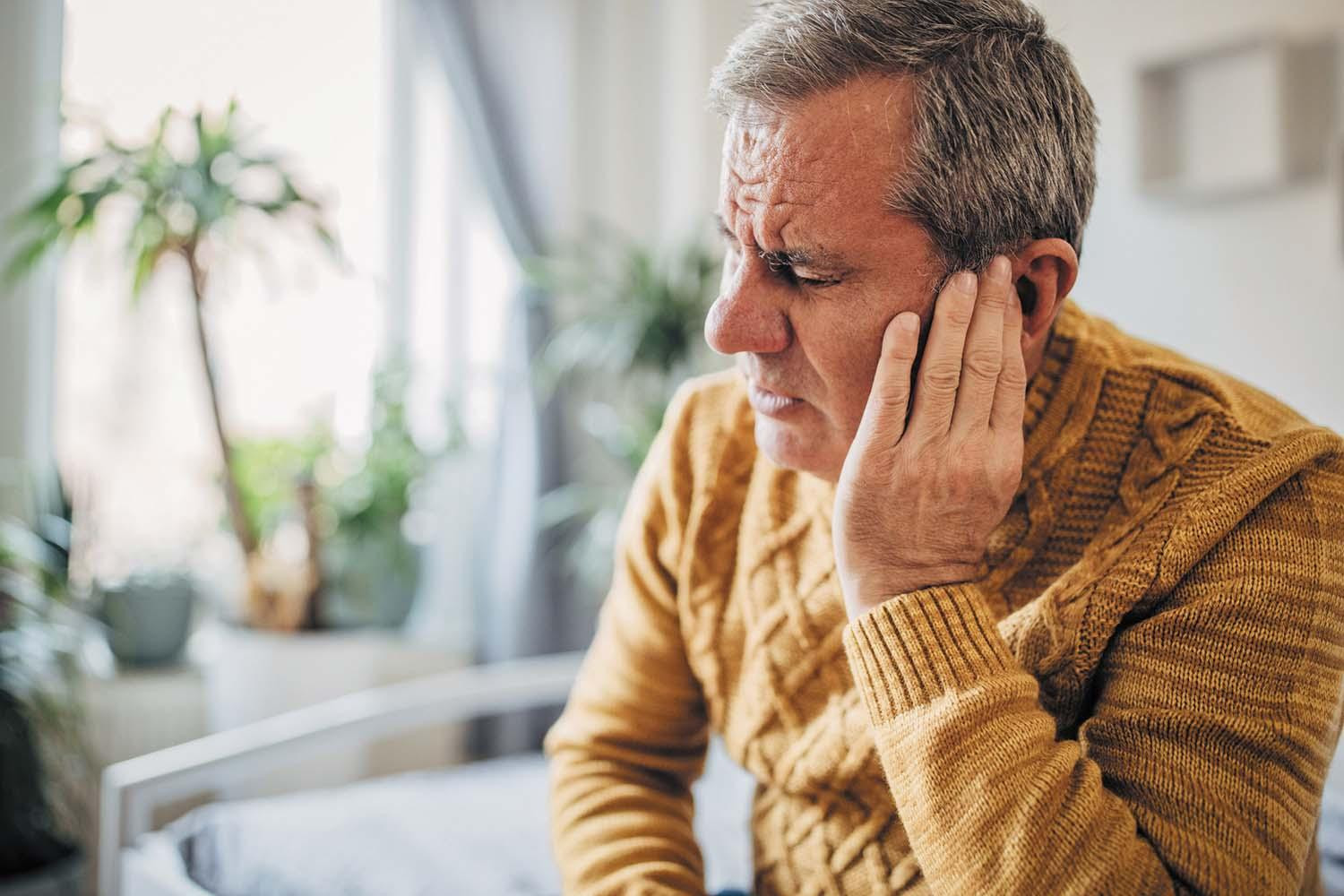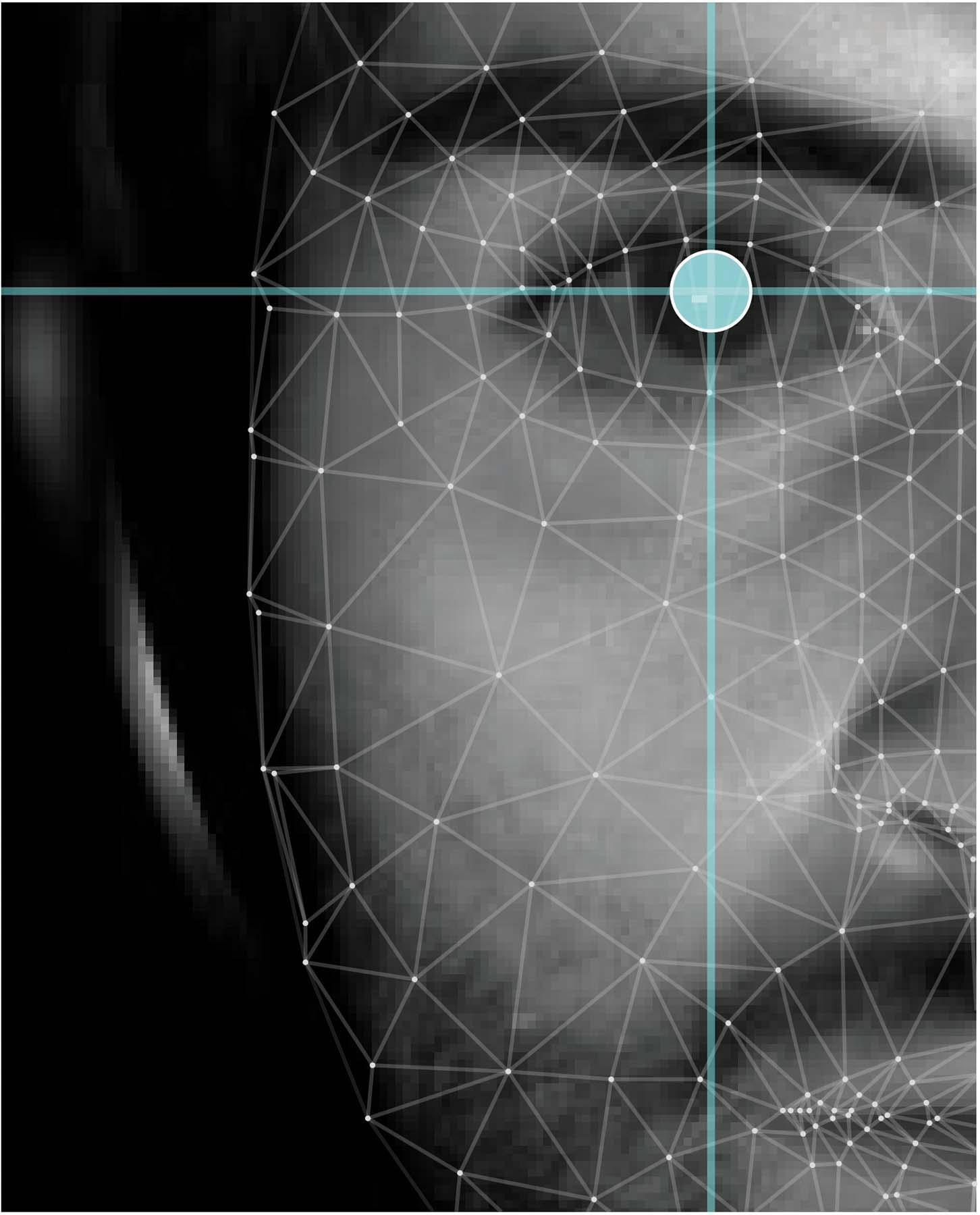
5 timeless habits for better health

What are the symptoms of prostate cancer?

Is your breakfast cereal healthy?

When pain signals an emergency: Symptoms you should never ignore

Does exercise give you energy?

Acupuncture for pain relief: How it works and what to expect

How to avoid jet lag: Tips for staying alert when you travel

Biofeedback therapy: How it works and how it can help relieve pain

Best vitamins and minerals for energy

Should you take probiotics with antibiotics?
Hearing Archive
Articles
Tips to cope when hearing hurts
Hyperacusis describes sensitivity to some or all sounds, no matter the volume. Depending on the person, sounds might be uncomfortably loud; cause pain in the ear, head, or another part of the body; trigger negative emotional responses; or make someone dizzy. These reactions might be due to irritated or overactive nerve fibers or muscles in the ear. While doctors have few treatments for hyperacusis, certain strategies help, such as avoiding sound triggers, wearing hearing protection, and engaging in sound therapy.
Is there finally a way to measure tinnitus?
Havard researchers have identified biomarkers that appear to capture tinnitus severity for the first time. Scientists made the connection after analyzing the facial responses and pupil dilation of study participants as they listened to pleasant, neutral, or unpleasant sounds. The findings, when fed to a computer model, accurately predicted the severity of symptoms participants had reported on questionnaires. Scientists hope the biomarkers will lead to tools that gauge tinnitus severity and treatment effectiveness.
Do I need to clean my ears?
Earwax should be removed only if it causes problems with hearing, ringing in the ears, or an earache. To unblock the wax, people can use an over-the-counter ear-cleaning treatment to flush it out. If this is not successful, see your doctor.
What's the best self-fitting strategy for over-the-counter hearing aids?
A small randomized trial in 2024 found that both self-adjustment and in-situ audiometry were effective strategies to match self-fitting hearing aids to personal hearing needs. However, self-adjustment devices had the best satisfaction rates and consistent use.
When is tinnitus more than a nuisance?
Tinnitus (ringing in the ears) is a sound people hear in their ears or head that no one else can hear. It is often described as buzzing, humming, ringing, static, or whooshing. While tinnitus is rarely a serious problem, people should get checked to see if it is related to a medical condition.
Reconsider cognitive behavioral therapy for tinnitus
Cognitive behavioral therapy (CBT) helps redirect negative thoughts and emotions. It's often prescribed to help people cope with tinnitus (a phantom ringing in the ears). A 2024 study found that CBT is most likely to be beneficial when tinnitus symptoms are severe.

5 timeless habits for better health

What are the symptoms of prostate cancer?

Is your breakfast cereal healthy?

When pain signals an emergency: Symptoms you should never ignore

Does exercise give you energy?

Acupuncture for pain relief: How it works and what to expect

How to avoid jet lag: Tips for staying alert when you travel

Biofeedback therapy: How it works and how it can help relieve pain

Best vitamins and minerals for energy

Should you take probiotics with antibiotics?
Free Healthbeat Signup
Get the latest in health news delivered to your inbox!
Sign Up










